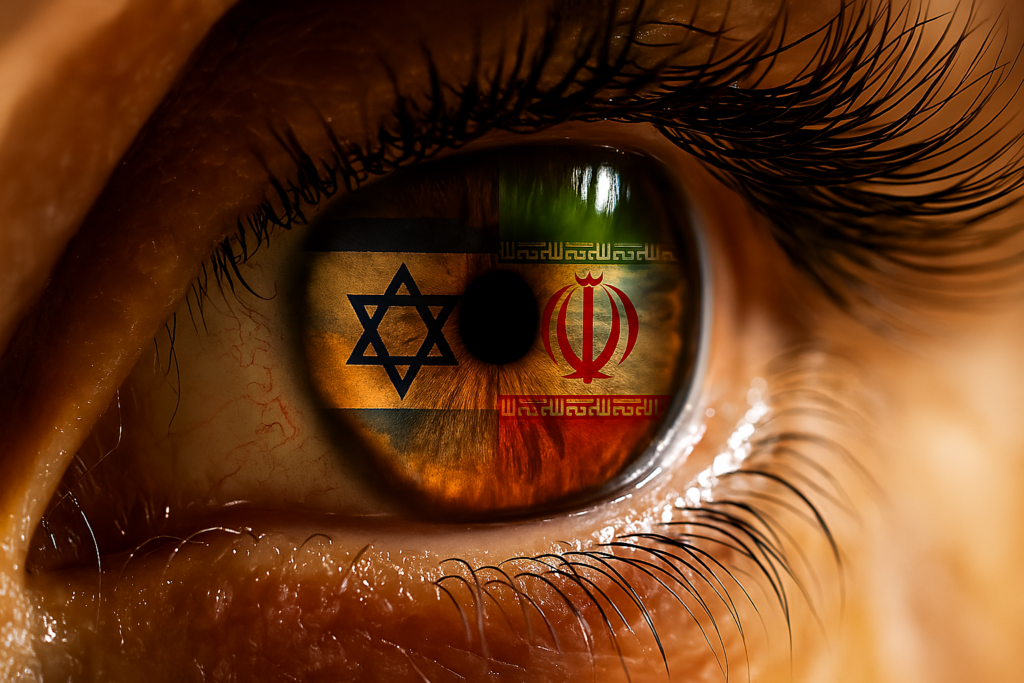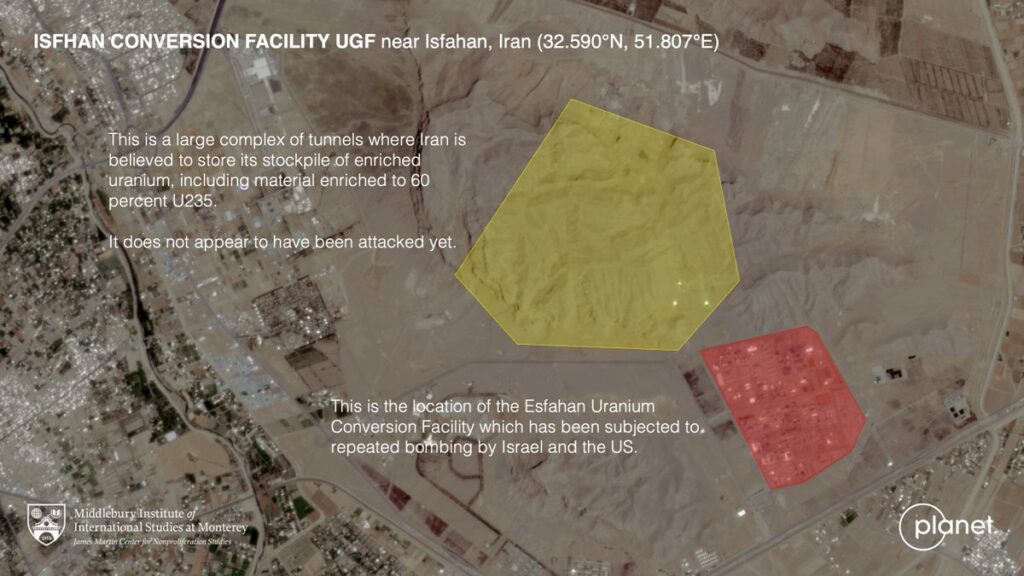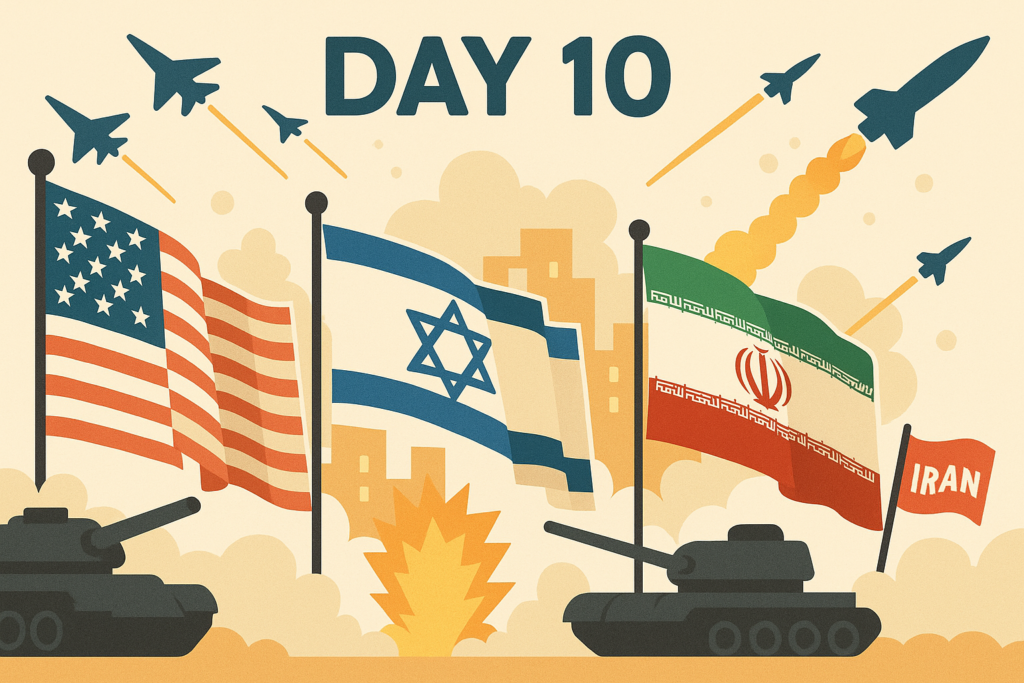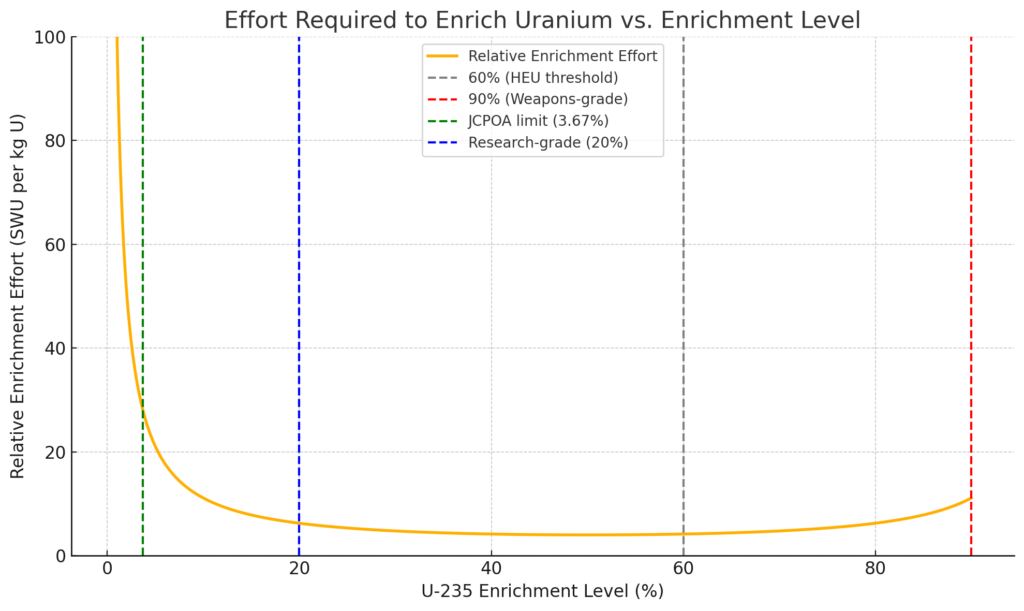“Any dictator would admire the uniformity and obedience of the U.S. media.”
— Noam Chomsky
Speevr Intelligence
The Speevr Intelligence daily updates provide in-depth alternative perspectives on key themes and narratives driving financial markets. Our unique collection brings Speevr's exclusive content together with partners' research and analysis.







